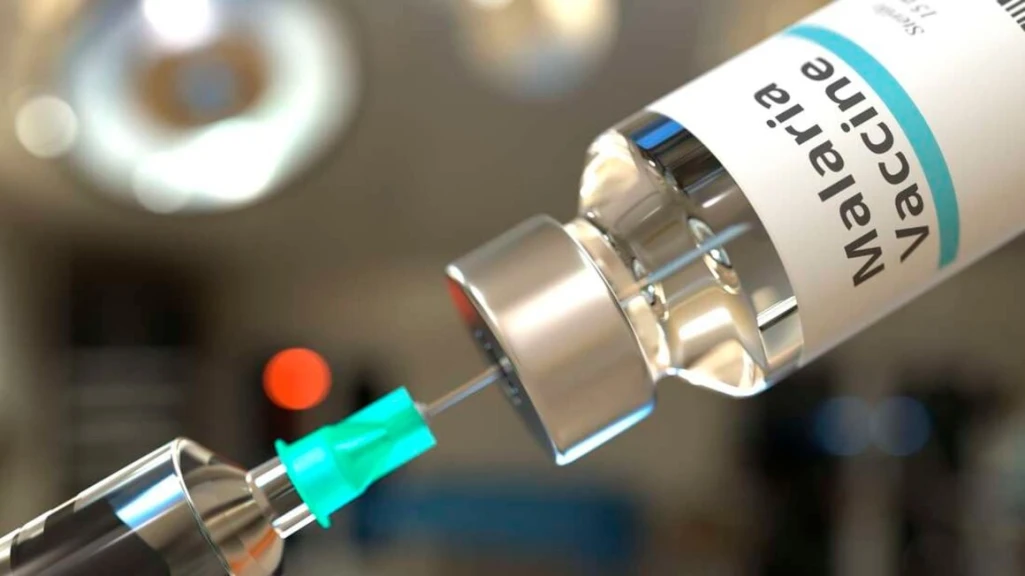
The World Health Organization (WHO) has recommended a new vaccine, R21/Matrix-M, for the prevention of malaria in children. It is the world’s second malaria vaccine.
This follows Phase III trials involving 4,800 children aged five months to three years in four countries: Mali, Burkina Faso, Tanzania and Kilifi in Kenya.
In Kenya, where 600 children were recruited, the trials were led by Prof Mainga Hamaluba, the head of clinical research and clinical trials at the Kenya Medical Research Institute (Kemri) Wellcome Trust Research Programme (KWTRP).
According to the WHO, the R21 vaccine was shown to reduce symptomatic cases of malaria by 75 per cent in areas with highly seasonal malaria transmission (where malaria transmission is largely limited to four or five months of the year) in the 12 months following a three-dose series.
“A fourth dose, given a year after the third, maintained efficacy. This high efficacy is similar to the efficacy demonstrated when RTS,S (the world’s first malaria vaccine) is given seasonally. The vaccine showed good efficacy (66 per cent) during the 12 months following the first 3 doses,” the WHO said, adding that the new vaccine will cost between Sh300 and Sh600 per dose.
As the availability of RTS,S is limited, the addition of R21 to the list of WHO-recommended malaria vaccines is expected to result in sufficient vaccine supply for children living in areas where malaria is a public health risk.
In its 2022 report, WHO noted that while malaria deaths have declined to just over 600,000 in 2020, Africa still accounts for more than 95 percent of the global burden and 96 percent of malaria deaths.
“To build on the long-standing work on malaria at the KWTRP, the team in Kilifi, led by Prof Hamaluba, has been on course to carry out trials for the R21 vaccine, including conducting the Phase I trial which first looked at the safety of the R21 vaccine in Africa,” Kemri-Wellcome Trust said.